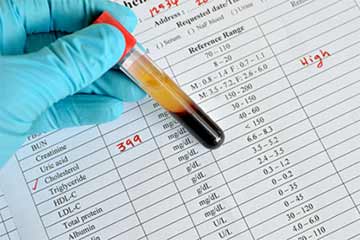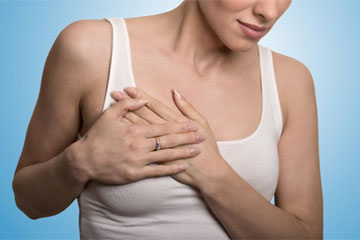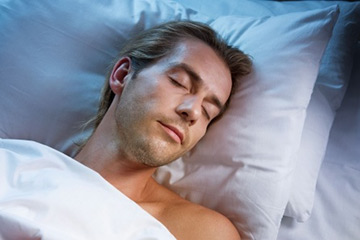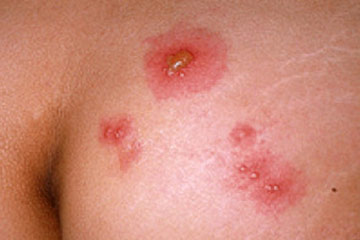Extreme Heat, Prevention Guide I
Highlights
- Elderly people (65 years and older), infants and children and people with chronic medical conditions are more prone to heat stress.
- Air-conditioning is the number one protective factor against heat-related illness and death. During conditions of extreme heat, spend time in locations with air-conditioning such as shopping malls, public libraries, or public health sponsored heat-relief shelters in your area.
- •Get informed. Listen to local news and weather channels or contact your local public health department during extreme heat conditions for health and safety updates
- •Drink cool, nonalcoholic beverages and increase your fluid intake, regardless of your activity level.
Heat-related deaths and illness are preventable yet annually many people succumb to extreme heat. Historically, from 1979-2003, excessive heat exposure caused 8,015 deaths in the United States. During this period, more people in this country died from extreme heat than from hurricanes, lightning, tornadoes, floods, and earthquakes combined. In 2001, 300 deaths were caused by excessive heat exposure.
People suffer heat-related illness when their bodies are unable to compensate and properly cool themselves. The body normally cools itself by sweating. But under some conditions, sweating just isn't enough. In such cases, a person's body temperature rises rapidly. Very high body temperatures may damage the brain or other vital organs.
Several factors affect the body's ability to cool itself during extremely hot weather. When the humidity is high, sweat will not evaporate as quickly, preventing the body from releasing heat quickly. Other conditions related to risk include age, obesity, fever, dehydration, heart disease, mental illness, poor circulation, sunburn, and prescription drug and alcohol use.
Because heat-related deaths are preventable, people need to be aware of who is at greatest risk and what actions can be taken to prevent a heat-related illness or death. The elderly, the very young, and people with mental illness and chronic diseases are at highest risk. However, even young and healthy individuals can succumb to heat if they participate in strenuous physical activities during hot weather. Air-conditioning is the number one protective factor against heat-related illness and death. If a home is not air-conditioned, people can reduce their risk for heat-related illness by spending time in public facilities that are air-conditioned.
Summertime activity, whether on the playing field or the construction site, must be balanced with measures that aid the body's cooling mechanisms and prevent heat-related illness. This pamphlet tells how you can prevent, recognize, and cope with heat-related health problems.
What Is Extreme Heat?
Conditions of extreme heat are defined as summertime temperatures that are substantially hotter and/or more humid than average for location at that time of year. Humid or muggy conditions, which add to the discomfort of high temperatures, occur when a "dome" of high atmospheric pressure traps hazy, damp air near the ground. Extremely dry and hot conditions can provoke dust storms and low visibility. Droughts occur when a long period passes without substantial rainfall. A heat wave combined with a drought is a very dangerous situation.
During Hot Weather
To protect your health when temperatures are extremely high, remember to keep cool and use common sense. The following tips are important:
Drink Plenty of Fluids
During hot weather you will need to increase your fluid intake, regardless of your activity level. Don't wait until you're thirsty to drink. During heavy exercise in a hot environment, drink two to four glasses (16-32 ounces) of cool fluids each hour.
Warning: If your doctor generally limits the amount of fluid you drink or has you on water pills, ask how much you should drink while the weather is hot.
Don't drink liquids that contain alcohol, or large amounts of sugar—these actually cause you to lose more body fluid. Also avoid very cold drinks, because they can cause stomach cramps.
Related Topics
Extreme Heat
-
Exposure to Extreme Heat
-
Extreme Heat Prevention I
-
Extreme Heat Prevention II
-
Extreme Heat Prevention III
-
Preventing Heat Related Illness
-
Heat Stress in the Elderly
Español
-
El Calor Extremo y La Salud
-
Efectos del Calor Sobre la Salud
-
Calor Extremo: Primeros Auxilios
-
Estres por Calor en Adultos Mayores
-
Golpe de Calor e Insolación Tratamiento
-
Protección Solar: Cuide su Piel
-
Proteja los Ojos del Sol
-
Protector Solar para su Piel
-
Salud y Ambiente
.
Autor: Dr. Carlos Muñoz Retana
Actualizado: 11 de Febrero, 2019






